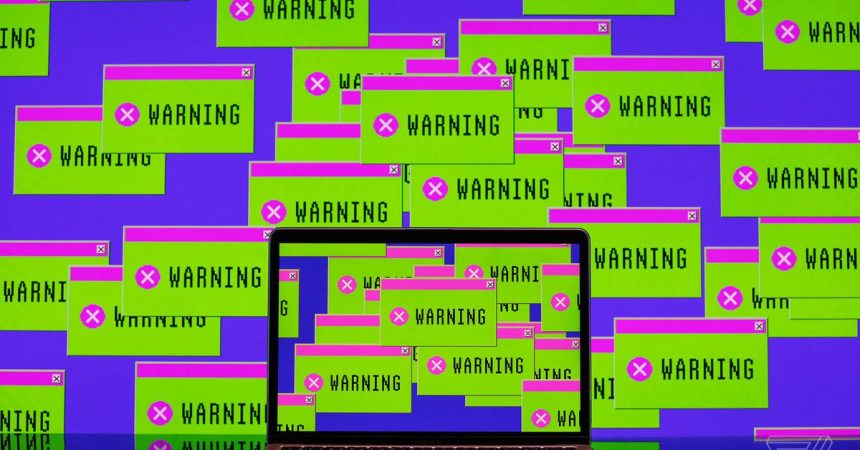The US Department of Justice revealed a significant operation conducted by the FBI to neutralize a widespread malware threat known as PlugX. This malware, utilized by a Chinese state-backed hacking group identified as “Mustang Panda” or “Twill Typhoon,” has been infecting Windows computers across the US, Asia, and Europe since at least 2012. The FBI’s operation targeted approximately 4,200 infected computers within the United States, aiming to eradicate the malware and disrupt the hackers’ access to compromised systems. PlugX’s functionality centers on granting hackers remote access to infected machines, enabling them to steal sensitive information and execute commands without the users’ knowledge.
PlugX’s operation relies on a command-and-control (C&C) server infrastructure controlled by the hackers. Infected computers establish contact with this server, the IP address of which is embedded within the malware itself. This communication channel allows hackers to remotely access files, retrieve system information, and exert control over the compromised machines. The FBI’s investigation revealed the alarming scale of the infection, with at least 45,000 IP addresses in the US alone contacting the C&C server since September 2023, indicating a substantial number of potentially compromised systems. This widespread infection highlighted the urgent need for intervention to protect sensitive data and prevent further exploitation.
The FBI’s operation ingeniously leveraged the very mechanism used by PlugX to control infected computers – the C&C server connection. In a collaborative effort with French law enforcement, who were conducting a parallel PlugX removal operation, the FBI gained access to the hackers’ C&C server. This access proved crucial, enabling the FBI to identify and target the infected machines directly. Once in control of the C&C server, the FBI was able to issue commands mimicking legitimate instructions, effectively turning the hackers’ own infrastructure against them.
The commands sent to infected computers initiated a three-step process to eliminate PlugX. First, the malware was instructed to delete all the files it had created on the victim’s system, effectively removing any traces of its presence. Next, the command terminated the running PlugX application, halting its malicious activities and preventing further communication with the C&C server. Finally, after ceasing operation, the malware was instructed to delete itself, completing the eradication process. This multi-stage approach ensured the thorough removal of PlugX and minimized the risk of re-infection or residual malicious activity.
This operation represents a significant victory in the ongoing fight against cyber espionage and state-sponsored hacking. By leveraging the hackers’ own infrastructure, the FBI effectively neutralized a significant threat and prevented further data breaches. The collaboration with French law enforcement underscores the importance of international cooperation in addressing global cybersecurity challenges. This operation serves as a model for future interventions against sophisticated malware campaigns and demonstrates the potential for proactive disruption of malicious cyber activities.
While the FBI’s operation successfully removed PlugX from thousands of US computers, the broader implications of this campaign warrant further investigation. The prevalence of PlugX infections highlights the ongoing vulnerability of systems to sophisticated malware attacks, particularly those originating from state-sponsored actors. The fact that PlugX has been active since at least 2012 underscores the persistent nature of these threats and the need for robust cybersecurity measures. Further analysis of the compromised systems may reveal the extent of data exfiltration and the potential impact on individuals, businesses, and government agencies. This incident reinforces the critical importance of ongoing cybersecurity awareness, proactive threat detection, and international collaboration to combat the evolving landscape of cyber threats.



